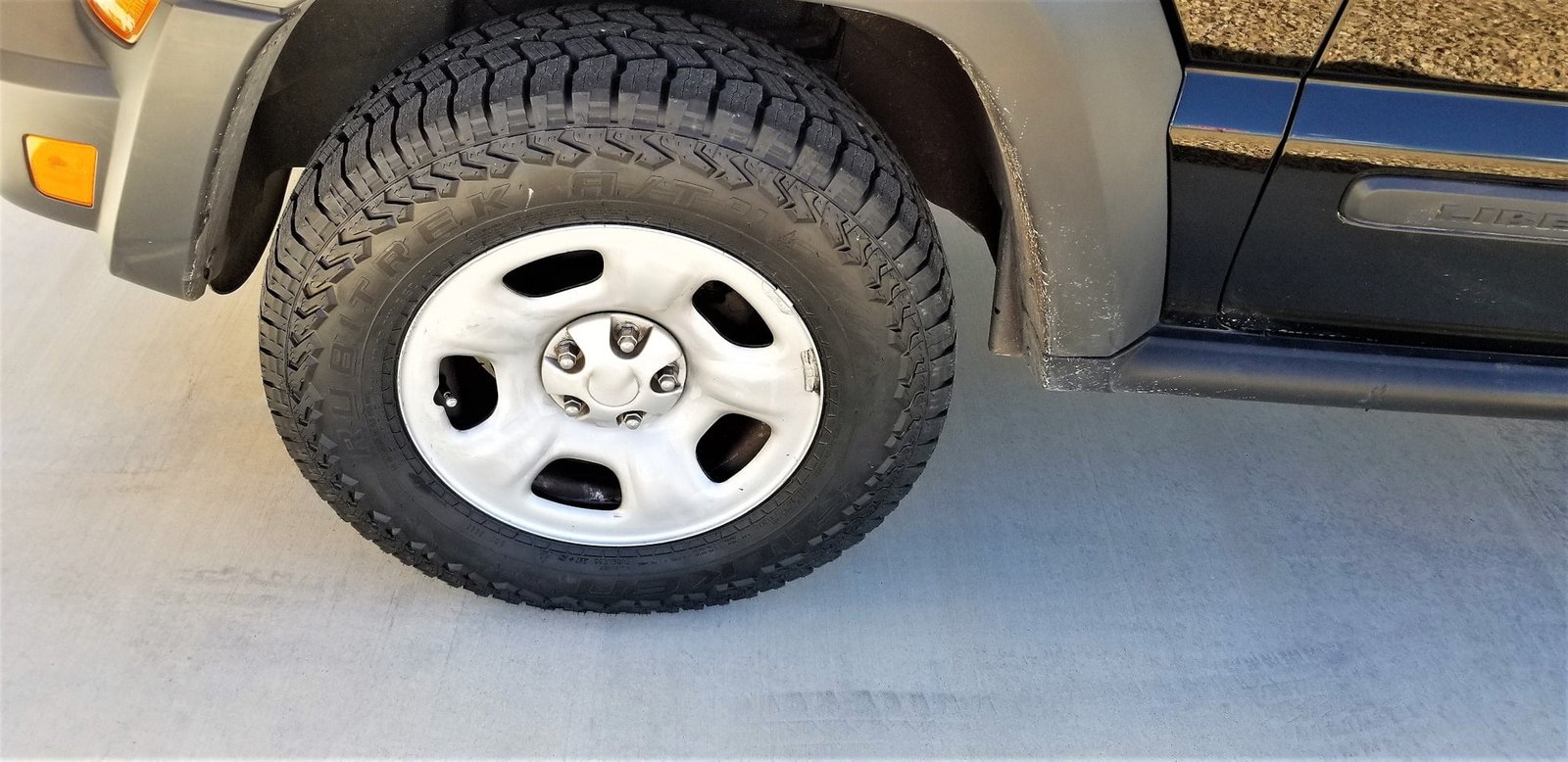Revolutionizing Road Safety: How Smart Tires with AI Sensors Enhance Safety in 2028
Future AI AutomotiveTable of Contents
In 2028, the automotive industry undergoes a groundbreaking transformation with the introduction of smart tires equipped with AI sensors. These innovative tires utilize artificial intelligence to adapt to road conditions instantly, revolutionizing vehicle safety and performance. Let’s delve into how smart tires with AI sensors are reshaping the driving experience and enhancing road safety for drivers worldwide.
Smart Tires: The Future of Automotive Safety
Smart tires represent a paradigm shift in tire technology, combining advanced AI algorithms with sensor technology to create a dynamic and responsive driving experience. Unlike traditional tires that passively react to road conditions, smart tires equipped with AI sensors actively monitor and analyze data in real-time, allowing them to adjust tire pressure, tread patterns, and grip levels on the fly to optimize traction, stability, and control.
Instant Adaptation to Road Conditions
One of the key advantages of smart tires with AI sensors is their ability to adapt to changing road conditions instantly. By continuously monitoring factors such as temperature, humidity, surface texture, and tire wear, AI algorithms can make precise adjustments to tire parameters to ensure optimal performance and safety. Whether it’s navigating wet roads, icy surfaces, or uneven terrain, smart tires react dynamically to provide drivers with maximum grip and control in any situation.
Enhanced Stability and Control
Smart tires equipped with AI sensors enhance vehicle stability and control by optimizing tire performance in real-time. By dynamically adjusting tire pressure and tread patterns based on road conditions and driving behavior, these tires help minimize the risk of skidding, hydroplaning, and loss of traction, especially in adverse weather conditions or challenging driving environments. This proactive approach to tire management improves overall vehicle handling and responsiveness, enhancing driver confidence and safety on the road.
Predictive Maintenance and Longevity
In addition to improving safety, smart tires with AI sensors offer benefits in terms of predictive maintenance and longevity. By monitoring tire health and performance metrics, such as tread depth, wear patterns, and temperature fluctuations, AI algorithms can detect early signs of tire degradation or damage, allowing drivers to address issues before they escalate into safety hazards. Moreover, by optimizing tire usage and maintenance schedules, smart tires with AI sensors can extend tire lifespan, reduce replacement costs, and minimize the environmental impact of tire disposal.
The Future of Driving Safety
As smart tires with AI sensors become increasingly integrated into vehicles, the future of driving safety looks brighter than ever. These intelligent tires not only enhance vehicle stability, control, and performance but also contribute to a safer and more efficient transportation ecosystem. By leveraging cutting-edge technologies such as machine learning, IoT connectivity, and predictive analytics, smart tires pave the way for a future where road accidents are minimized, and drivers can enjoy a smoother, safer, and more enjoyable driving experience.
FAQs:
How do smart tires with AI sensors work?
Smart tires with AI sensors utilize advanced algorithms and sensor technology to monitor road conditions, tire health, and driver behavior in real-time. Based on this data, AI algorithms make instantaneous adjustments to tire pressure, tread patterns, and grip levels to optimize traction, stability, and control.
What are the benefits of smart tires with AI sensors for road safety?
Smart tires with AI sensors enhance road safety by adapting to changing road conditions instantly, optimizing tire performance for maximum grip and control. These tires minimize the risk of skidding, hydroplaning, and loss of traction, especially in adverse weather conditions or challenging driving environments.
How do smart tires with AI sensors contribute to predictive maintenance?
Smart tires with AI sensors monitor tire health and performance metrics, such as tread depth, wear patterns, and temperature fluctuations, in real-time. By detecting early signs of tire degradation or damage, AI algorithms enable drivers to address issues before they escalate into safety hazards, extending tire lifespan and reducing replacement costs.
Are there any privacy concerns associated with smart tires with AI sensors?
Privacy concerns related to smart tires with AI sensors primarily revolve around the collection and use of vehicle data for analysis and optimization purposes. To address these concerns, tire manufacturers implement privacy safeguards and data protection measures to ensure the responsible use and secure handling of sensitive information.
How do smart tires with AI sensors impact driving efficiency and fuel consumption?
Smart tires with AI sensors optimize tire performance and reduce rolling resistance, leading to improved fuel efficiency and reduced fuel consumption. By dynamically adjusting tire pressure and tread patterns based on road conditions and driving behavior, these tires enhance vehicle handling, responsiveness, and overall driving efficiency.
